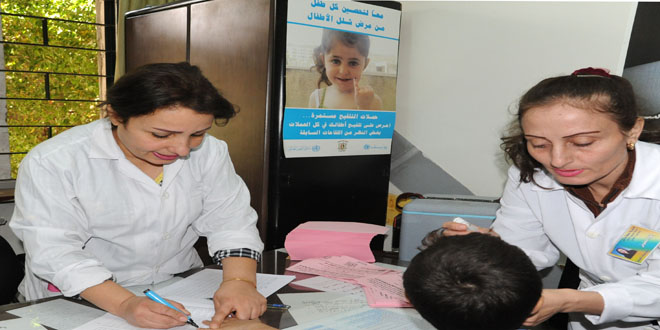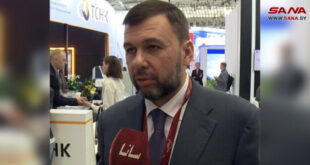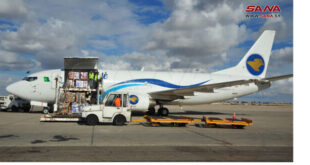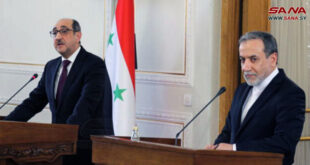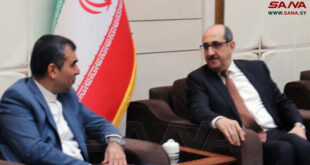Damascus, SANA – A joint statement by the World Health Organization (WHO) and the United Nations Children’s Fund (UNICEF) announced that Syria has completed two years without reports of any new polio cases, despite the major challenges that have a negative impact on health services, including vaccination.
The statement said that combating polio, which remerged in Syria in 2013, was achieved via consecutive large-scale vaccination campaigns that reached more than 2.9 million children under 5.
In this regard, WHO representative in Syria Elizabeth Hoff said that Syria’s success in avoiding any new polio cases in the past two years is cause of admiration and satisfaction, noting that this was achieved despite the continuation of the crisis in Syria, which shows the dedication of the health sector workers in the country.
Hoff stressed the need to continue organizing vaccination campaigns, adding that the WHO provided support for 17 rounds of vaccination campaigns and helped boost national response programs for early warning for diseases in 995 sites in Syria.
In turn, UNICEF representative in Syria Hanna Singer said this is an important achievement for Syria, and that the UNICEF lauds the efforts of the health sector workers who made it possible, noting that the Fund has provided around 45 million polio vaccines since 2013.
For his part, Health Minister Nizar Yazigi told SANA that the Ministry employed an airtight strategy for dealing with polio ever since it reemerged after the country remained polio-free since 1995.
He said that the Ministry rallied all its resources to ensure the success of the 17 vaccination campaigns carried out in cooperation with the WHO, UNICEF, and other partners including the Syrian Arab Red Crescent (SARC), and the result of this is that no new polio cases have been documented since January 21st 2014.
The Minister asserted that the Ministry will continue to exert its best efforts to improve healthcare and the national vaccination program, adding that the success of vaccination campaign was partly due to the cooperation of parents, affirming that the vaccines used in Syria are among the best, as they are imported from the most prominent companies that produce vaccines and comply with the quality standards of the WHO, adding that these vaccines are provided free of charge and administered by skilled medical staff.
He also lauded the role of media outlets in raising awareness and motivating parents to have their children vaccinated.
Hazem Sabbagh
 Syrian Arab News Agency S A N A
Syrian Arab News Agency S A N A
